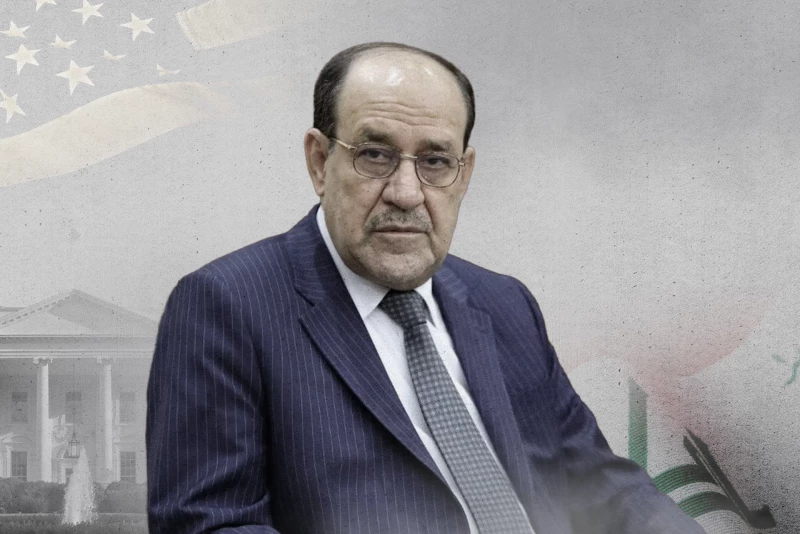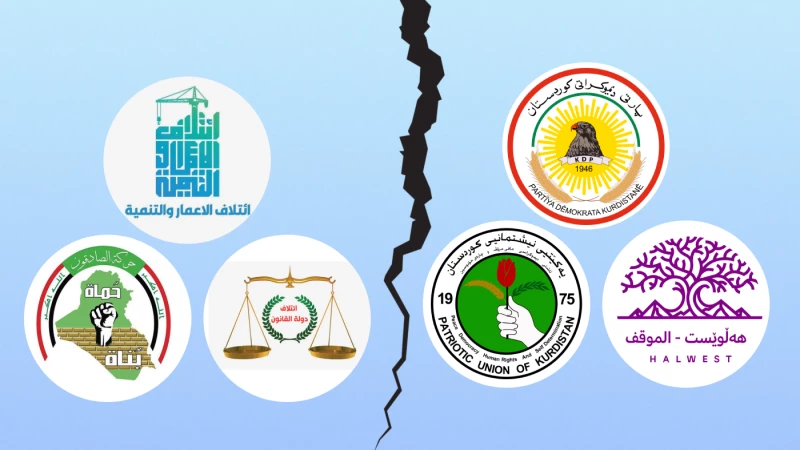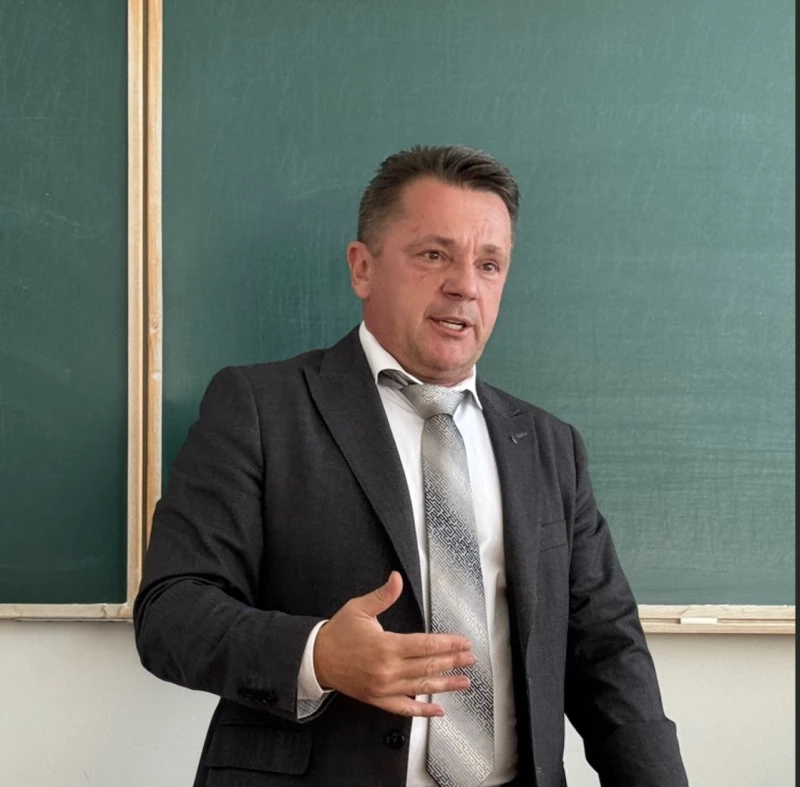The election of a new Iraqi parliamentary speaker has reached an uncertain stage following the somewhat expected scenario of Saturday, and the obstacles the process of choosing an alternative for former speaker Mohammed al-Halbousi faces due to certain parties rejecting a replacement from Halbousi’s Taqaddum party.
Saturday’s session witnessed Taqaddum’s candidate Shaalan Karim receiving the highest number of votes (152 votes), compared to 97 votes for his closest competitor, Salem al-Issawi from the Sovereignty Alliance, led by Khamis al-Khanjar, who is a political rival of Halbousi and his party.
The latest development was the Coordination Framework’s rejection of any candidate put forth by Taqaddum through a lawsuit filed to the Federal Supreme Court by MPs Yousif al-Kilabi and Falih al-Khazali attempting to invalidate Karim’s candidacy for the speakership.
The lawsuit included a request for a state order postponing the election of the speaker until further notice, especially since other leaders from the Coordination Framework began their motion to the Accountability and Justice Commission to include Karim in its investigations.
“The targeting of the Taqaddum party candidate Shaalan Karim is not a personal targeting of him, but rather an attempt to obstruct the emergence of any candidate from the party led by Halbousi for the speaker of the house position,” Kamel Nawaf al-Ghurairi, head of the Sunni “Iraq is our Identity” party told the New Region.
According to him, “the Sunni component made clear their say in the session to select the speaker of the house, with Karim receiving the most votes,” which in his opinion requires the rest of the blocs to respect the result “since the Sunni component is the one who reserves the right to choose the most appropriate candidate.”
The results of Saturday’s first round of votes saw Karim receive 152 votes, Issawi receive 97 votes, and Mahmood al-Mashhadani receive 48 votes, according to data from the parliament’s media office.
The forces within the Coordination Framework do not seem to all agree on rejecting Karim’s nomination, but rather there is a general conviction within the Framework to reject any candidate who is not accepted by all forces equally. This is in their view an attempt to avoid the repetition of what happened when Halbousi was chosen.
“The forces of the Coordination Framework and the rest of the political forces do not want the scenario of the former speaker of the house’s election due to the differences it caused even within the Sunni component,” Hashim al-Kindi, head of al-Nabaa Group for Studies told the New Region.
“Rather, it is better to apply the scenario of electing Prime Minister Mohammed Shia al-Sudani, as he was a figure agreed upon by everyone, whether within the Coordination Framework or throughout the State Administration Alliance at the time, same was true for electing the President of Iraq,” he added.
According to Kindi, the rejection of Karim as a candidate does not come due to him being a candidate for Taqaddum, but rather due to the presence of observations “reinforcing and documenting his statements that glorify the fallen regime.”
Some of the forces within the Coordination Framework reject Karim because they believe his statements are a violation of the law and the constitution, which forbids him from running for the speaker position, Kindi said, adding that others believe that his statements are a remnant of the past and should not be considered
Kindi further added that if Karim had been unanimously rejected by the Coordination Framework, his name would not have made it to the ballot and he would not have received the votes he received.
To him, the step to reintroduce the term Presidency of the House of Representatives, is a first step towards correcting the “mistake” Halbousi tried to establish by referring to it as the Speaker of the House and his two deputies, and would restore the parliament to its constitutional position that prevents “the transformation of its president into a dictator.”

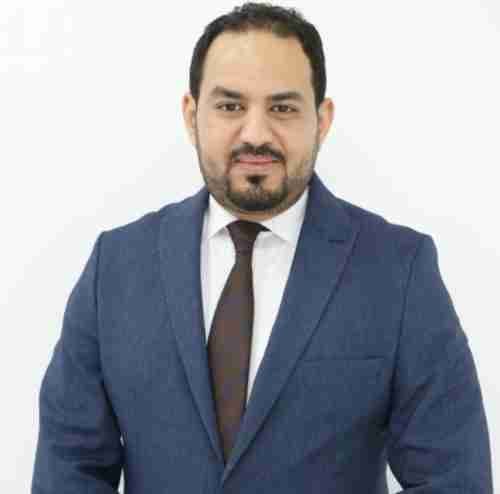
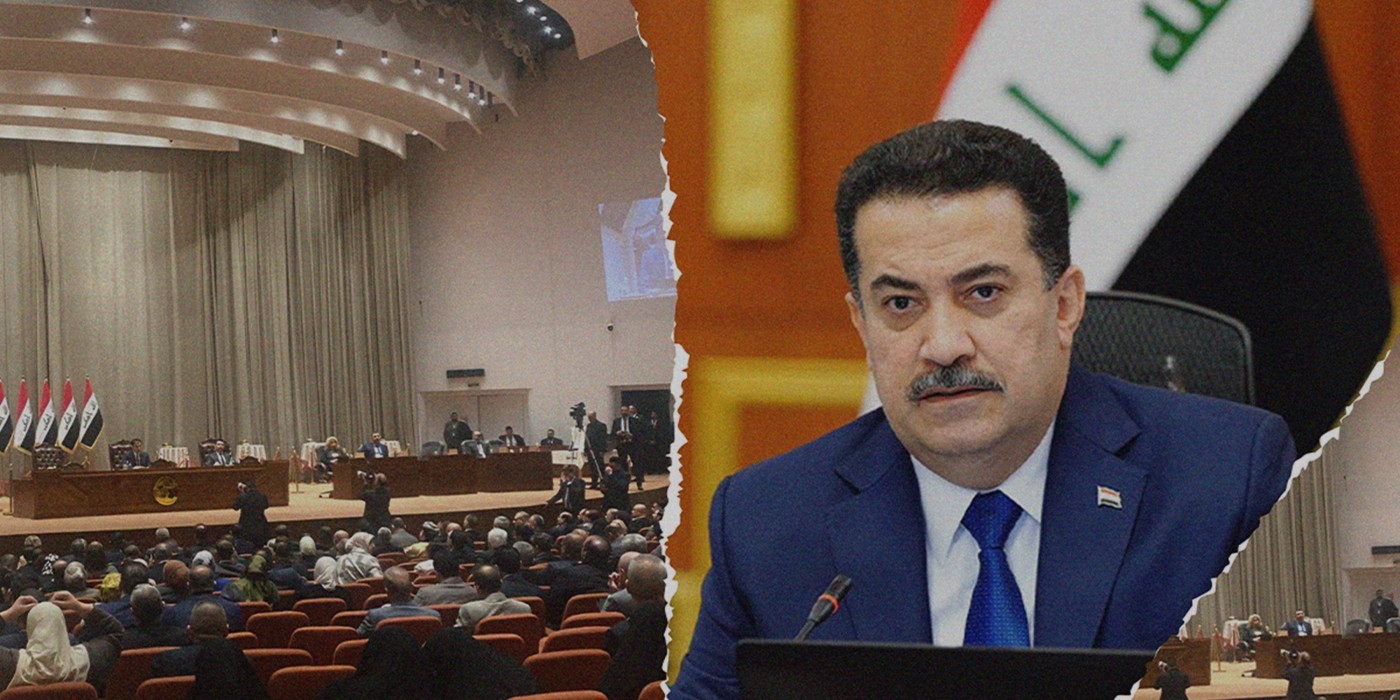
 Facebook
Facebook
 LinkedIn
LinkedIn
 Telegram
Telegram
 X
X
